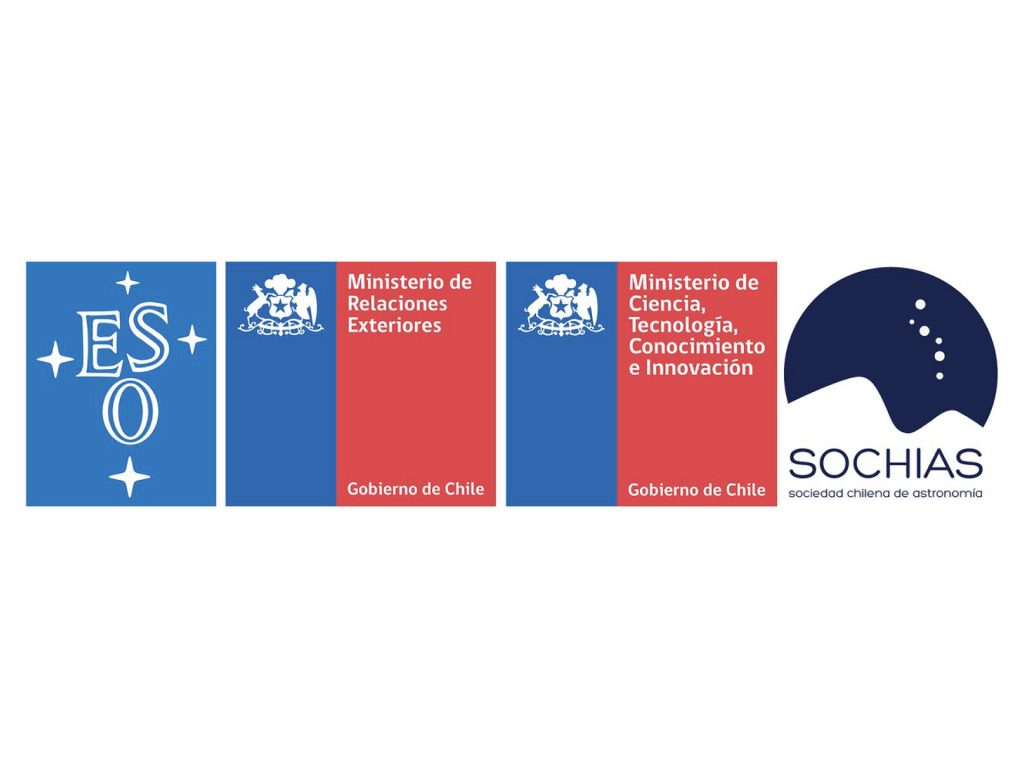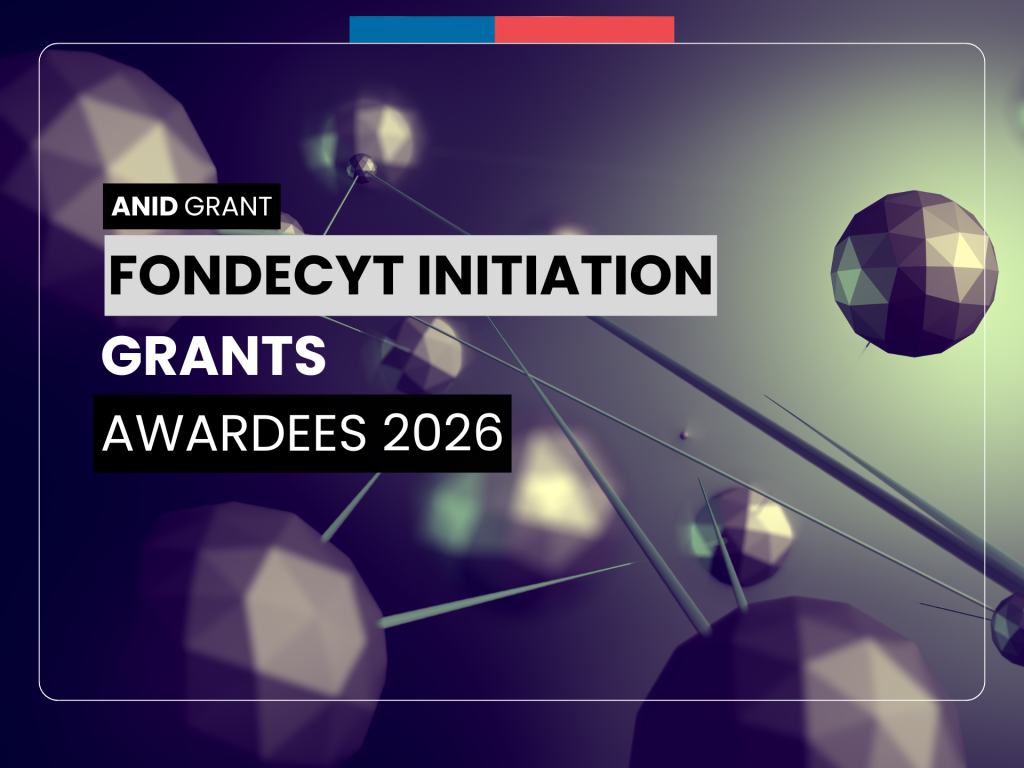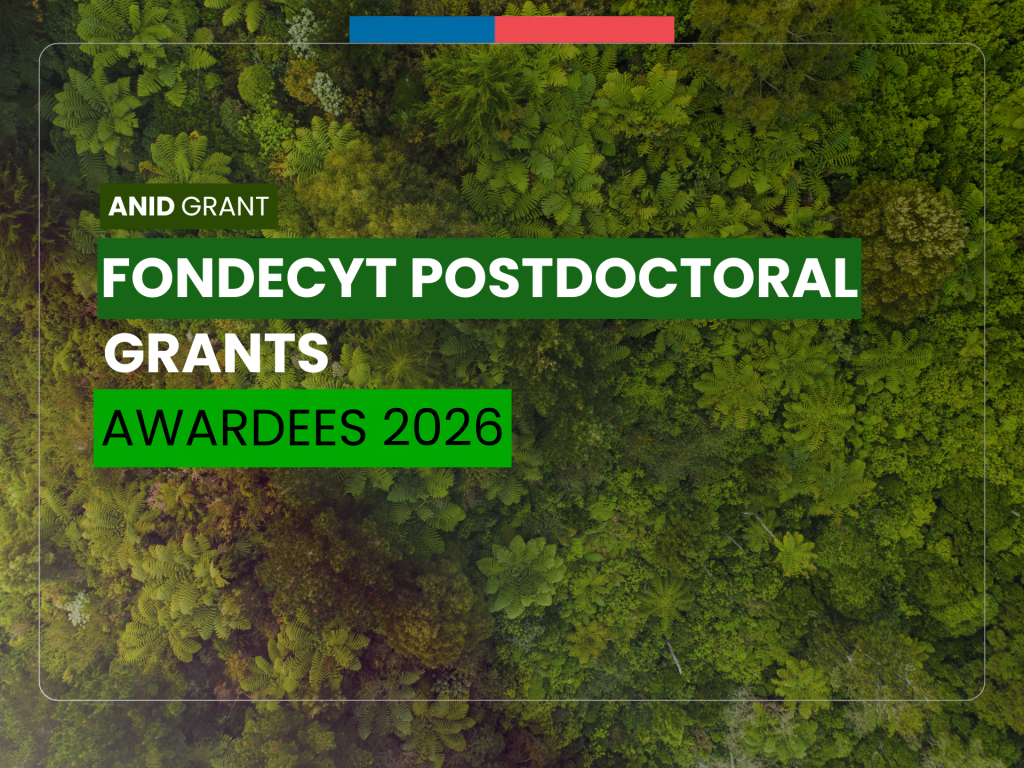The Pontificia Universidad Católica de Chile’s School of Engineering achieved remarkable success in the 2025 Fondecyt Regular Call, with 18 out of 36 submitted projects receiving funding. This represents a significant accomplishment in the context of national research. This year, the competition provided funding for 680 initiatives across various disciplines throughout Chile.
Among the awarded projects led by faculty members are cutting-edge research in areas such as artificial intelligence, energy, transportation, environment, health, and optimization.
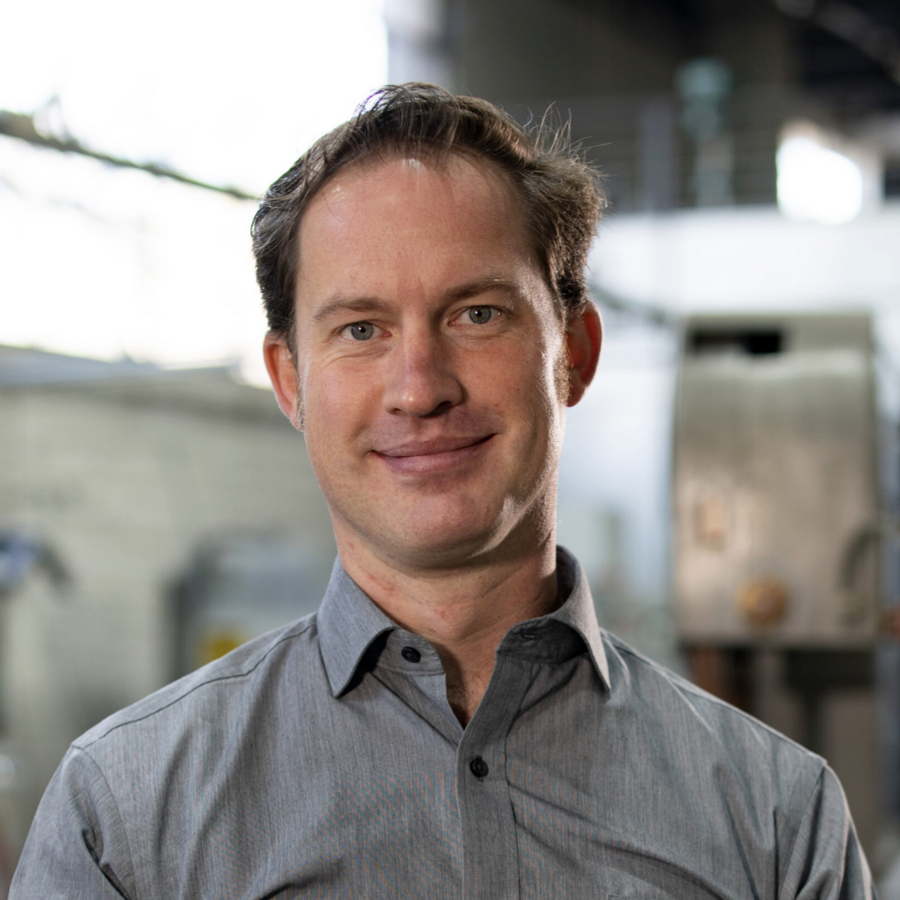
Wolfram Jahn
Associate Professor at the Department of Mechanical and Metallurgical Engineering: “Influence of Wall Flames on the Dynamics of Fully Developed Compartment Fires”.
Alejandro Mac Cawley
Associate Professor at the Department of Industrial and Systems Engineering: “Data-Driven Optimization in Agriculture: Methodology and Applications in winemaking operations”.
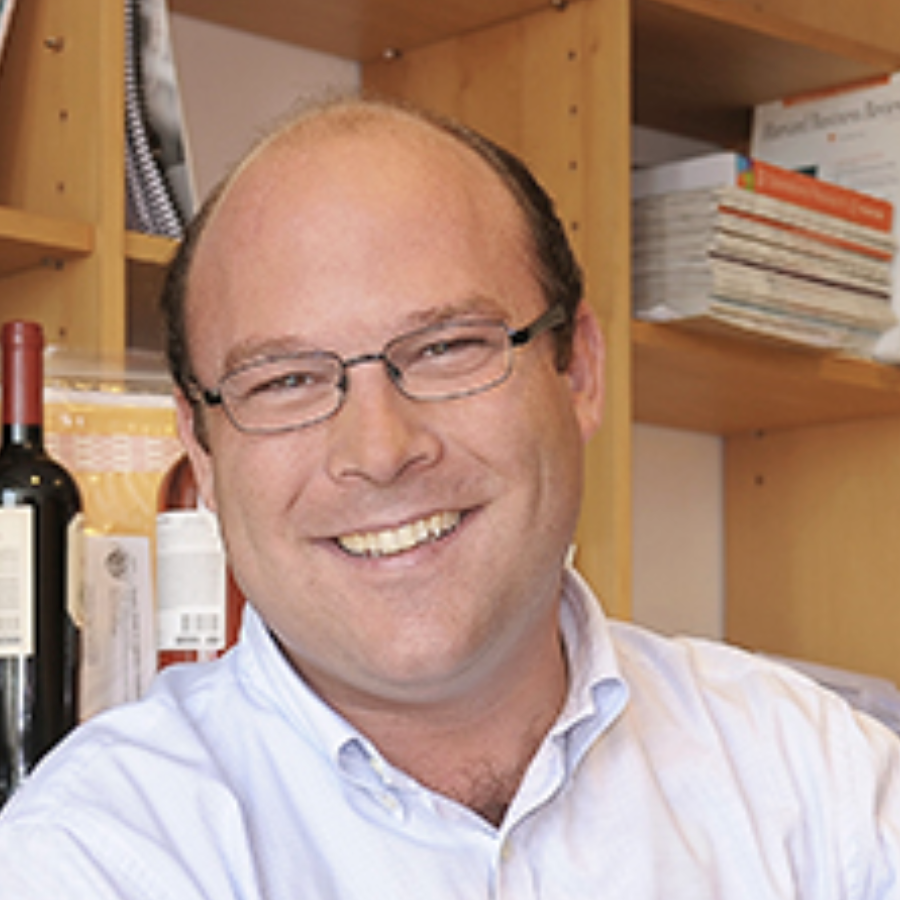
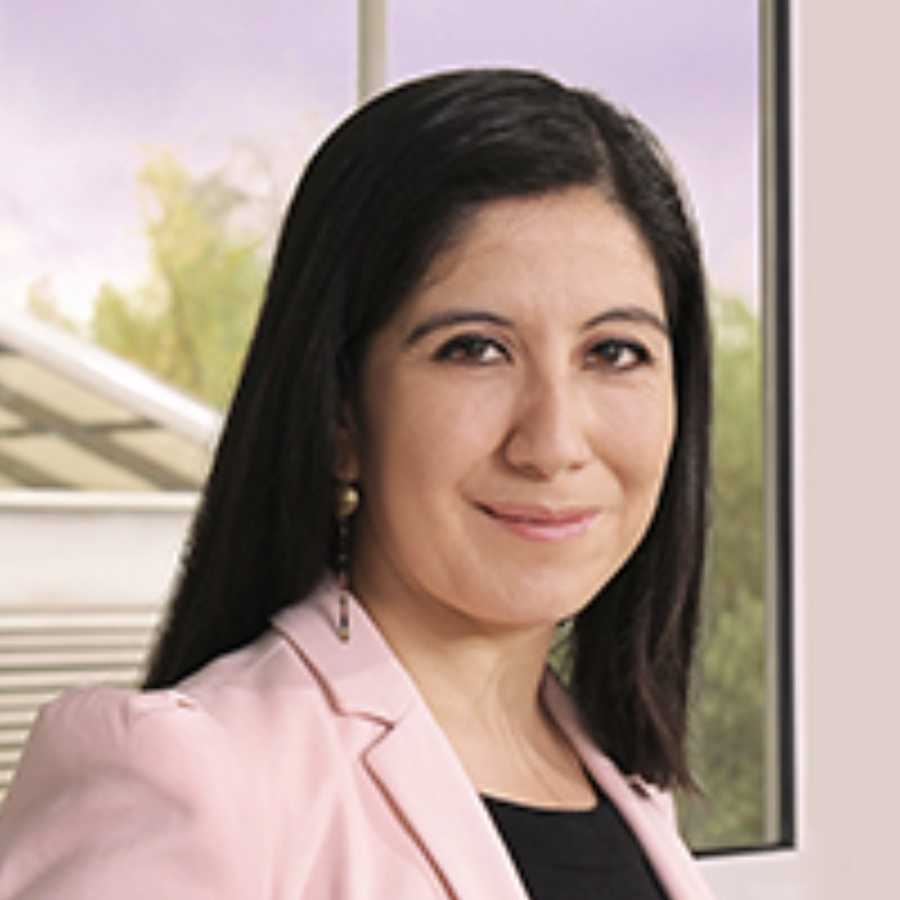
Claudia Prieto
Full Professor at the Department of Electrical Engineering: “Free-running cardiac MRF at 0.55T with self-supervised physics informed Deep Learning”.
Esteban Sáez
Associate Professor at the Department of Structural and Geotechnical Engineering: “Experimental and numerical study of dynamic soil-structure interaction in shear wall buildings founded on bored piles”.

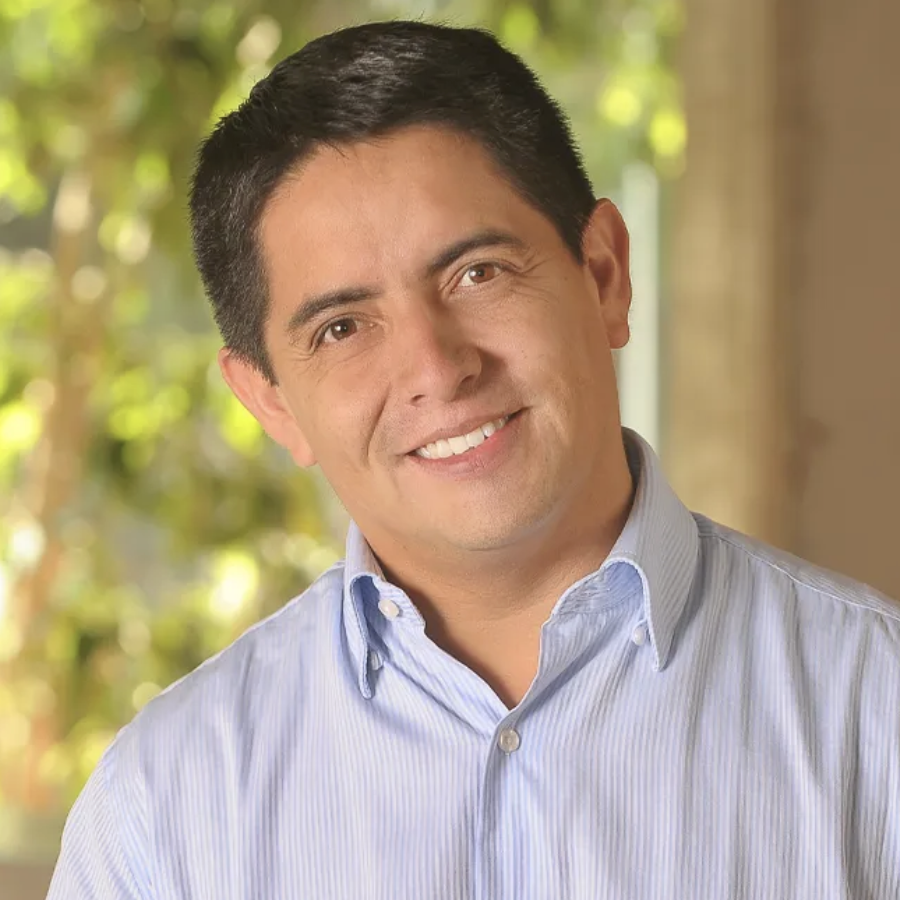
Christian Ledezma
Associate Professor at the Department of Structural and Geotechnical Engineering: “Effects of cross-layer interactions on earthquake-induced liquefaction susceptibility”.
Domingo Mery
Full Professor at the Department of Computer Science: “AI-Driven Search in Multimodal Historical Archives: Insights from the Chilean Dictatorship Era”.
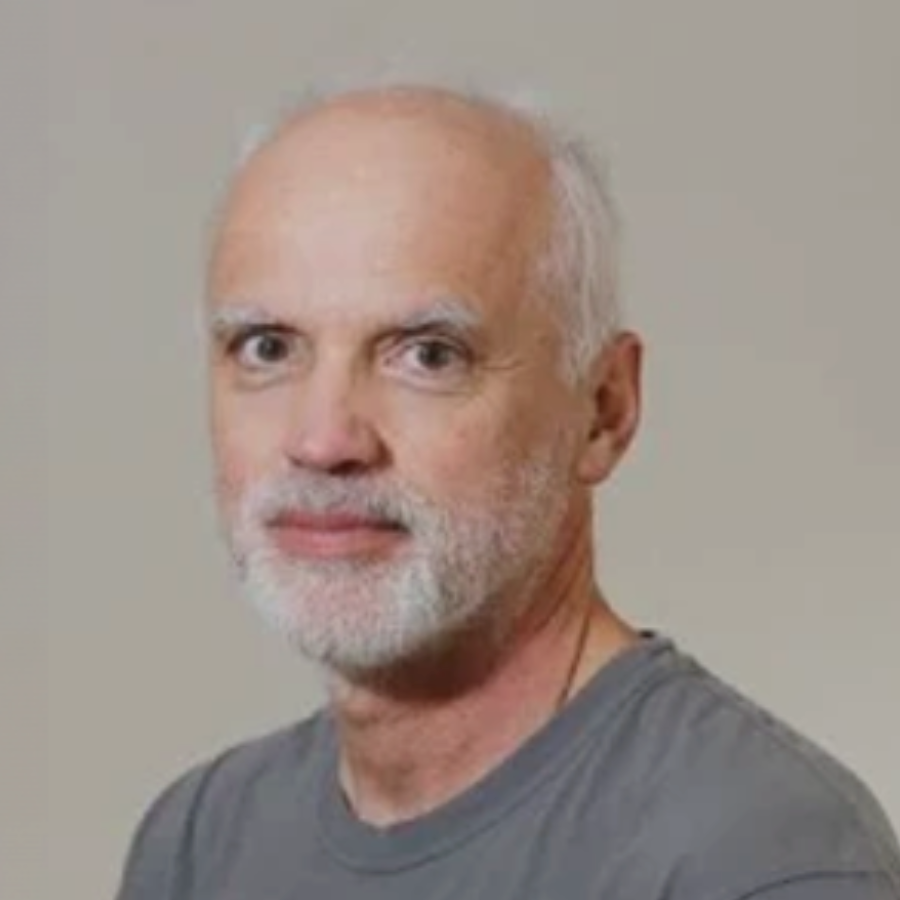
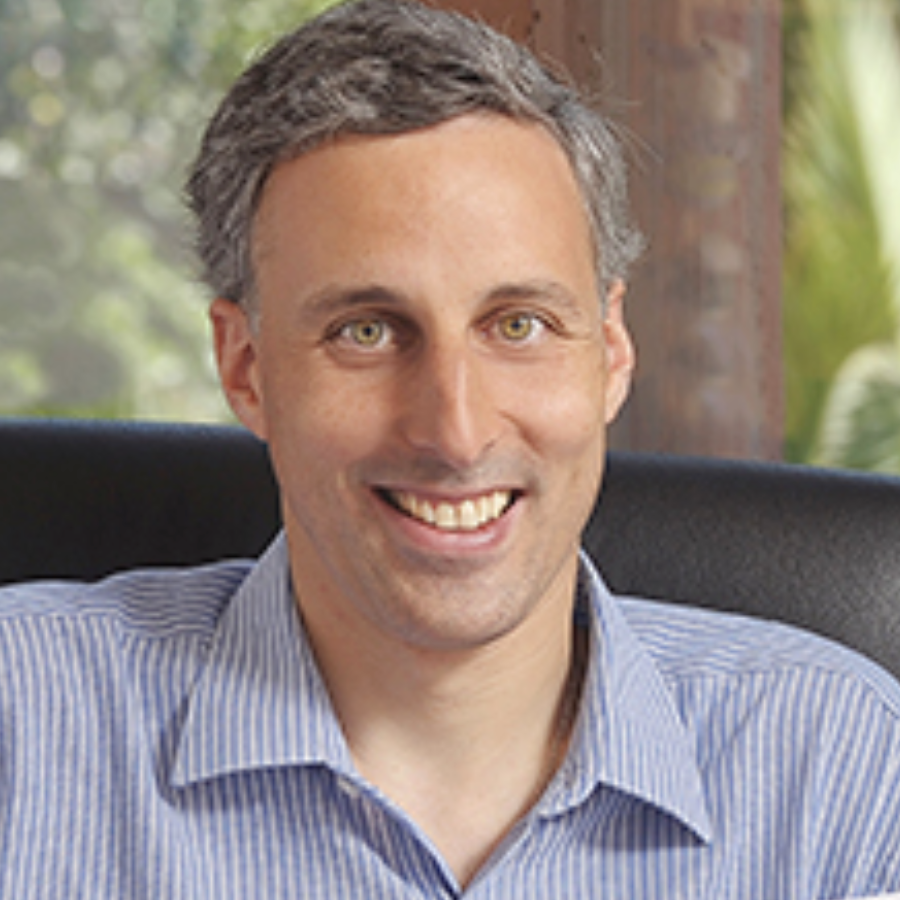
Enzo Sauma
Full Professor at the Department of Industrial and Systems Engineering: “Economic impacts of incorporating battery energy storage systems (BESS) in the Chilean power system expansion planning, considering BESS degradation and multiple BESS pricing mechanisms”.
Felipe Delgado
Associate Professor at the Department of Transport and Logistics Engineering: “Managing uncertainty in the freight schedule planning process.”
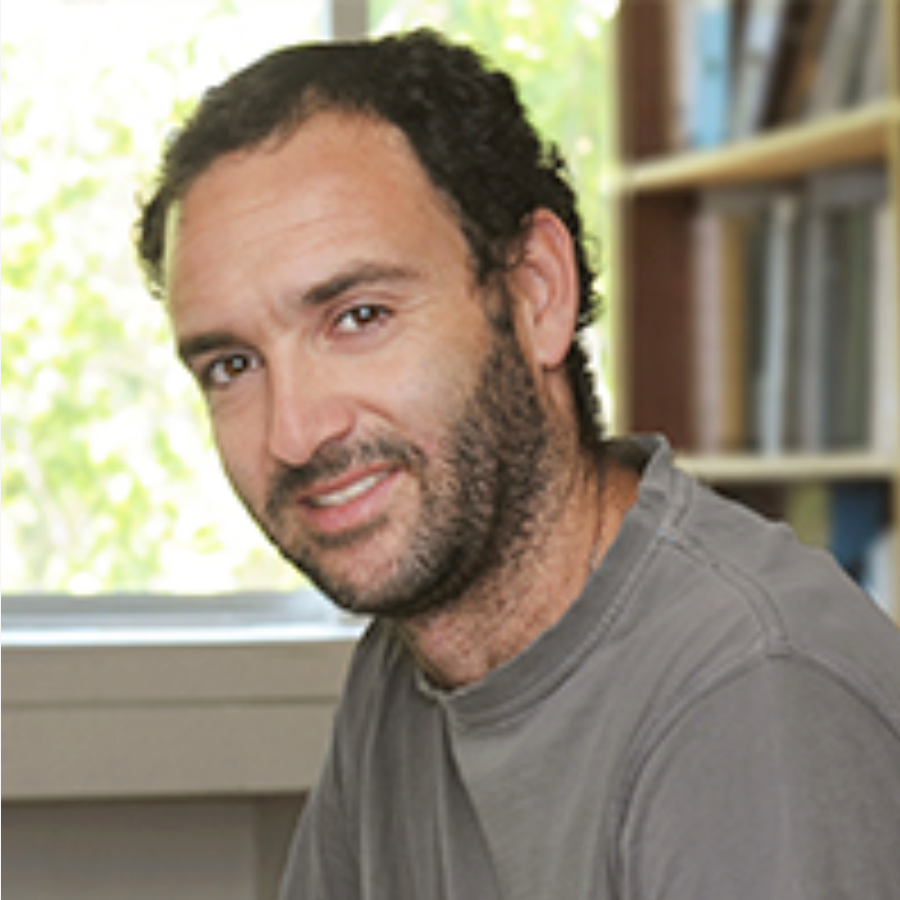
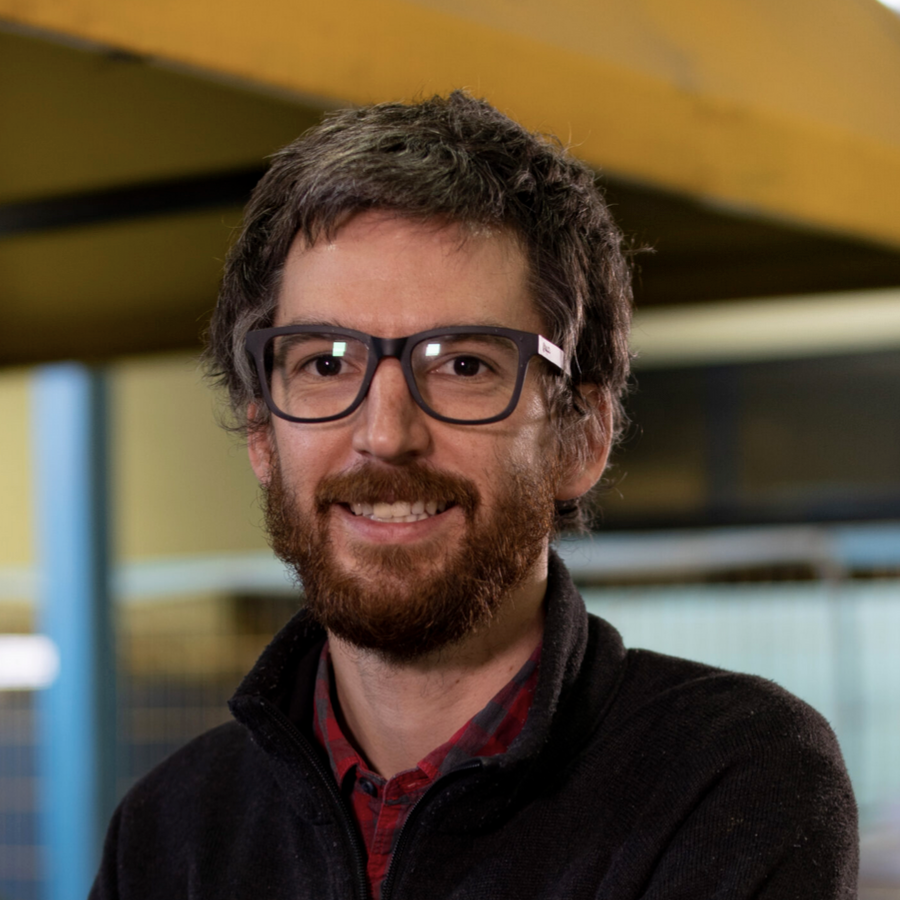
Francisco Sahli
Assistant Professor at the Department of Mechanical and Metallurgical Engineering and the Institute for Biological and Medical Engineering: “Physics-informed neural networks for phase mapping during atrial fibrillation.”
Francisco Suárez
Associate Professor at the Department of Hydraulic and Environmental Engineering: “Atmospheric and near-surface geology controls of the energy, water, and carbon cycles: an investigation in the critical zone of the Altiplano.”
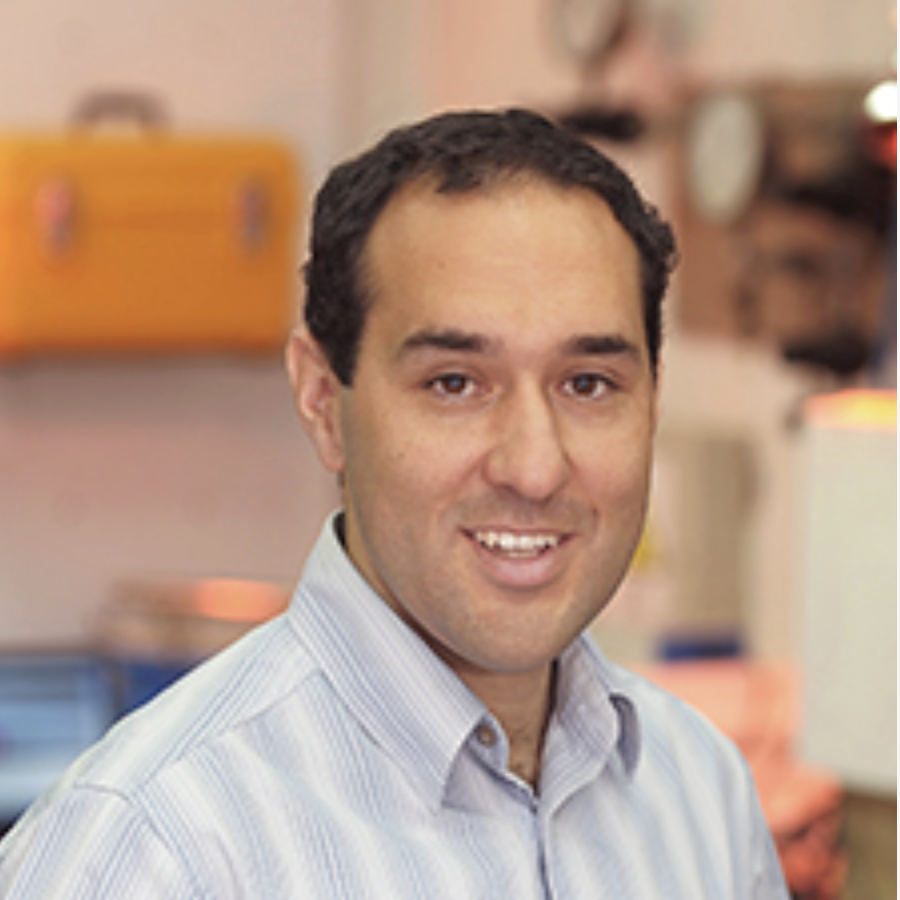
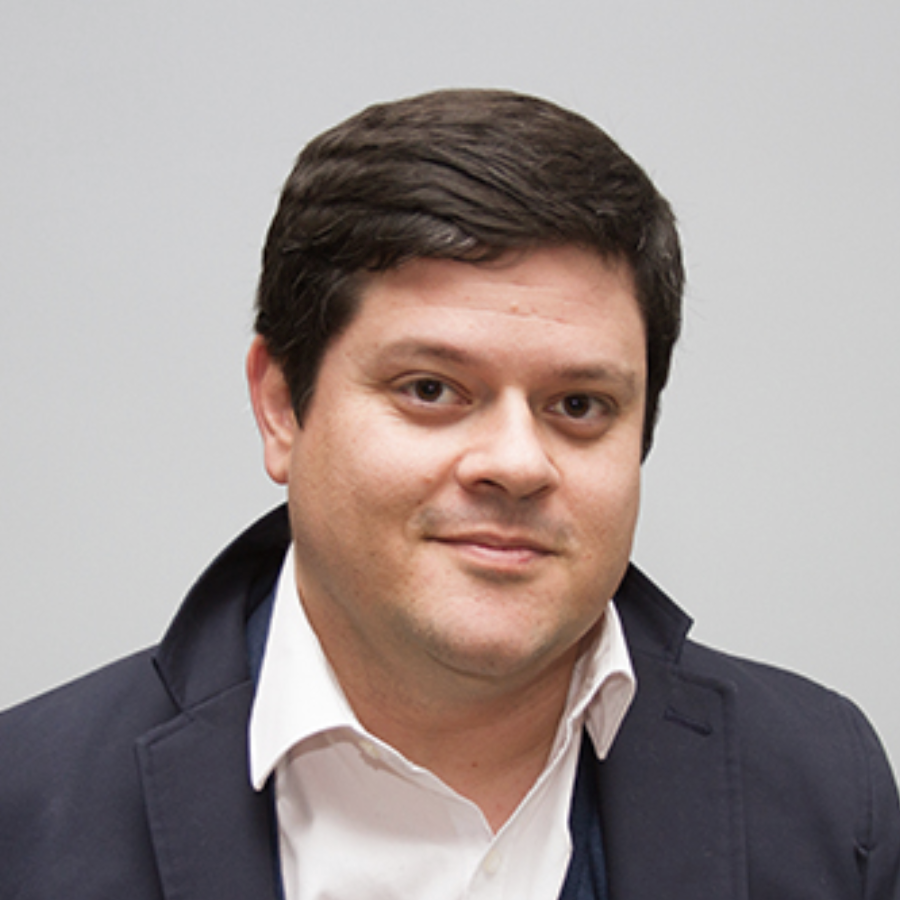
Jorge Crempien
Assistant Professor at the Department of Structural and Geotechnical Engineering: “Decoding the Interplay between the Subduction Seismic Cycle and Continental Faulting in Chile: An Integrated Study of Observations and Numerical Models (DISCO).”
Leonardo Vanzi
Full Professor at the Department of Electrical Engineering: “Boosting the role of Small Telescopes in the era of giants.”
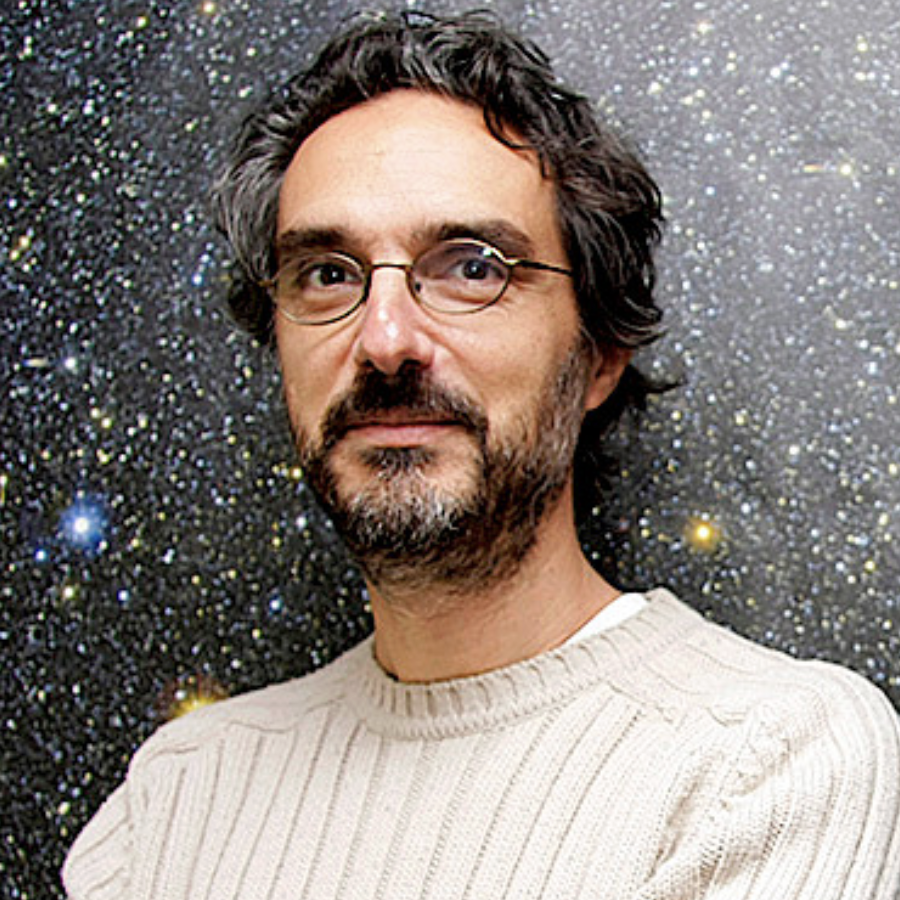
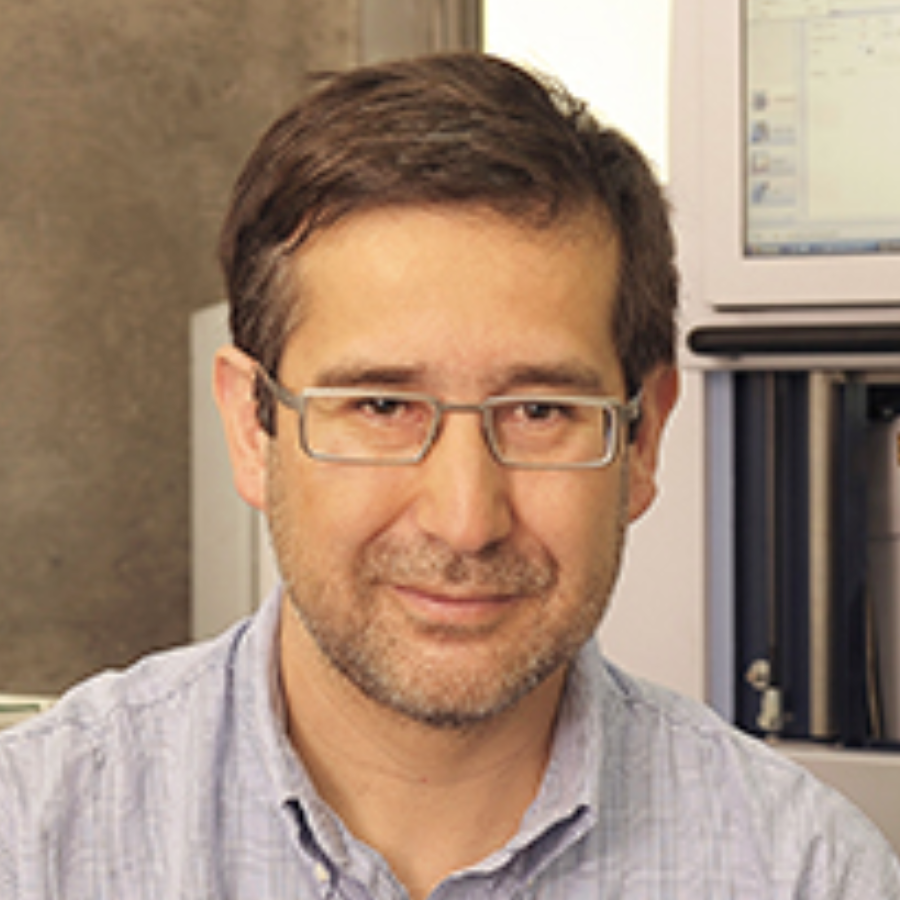
Pablo Pastén
Associate Professor at the Department of Hydraulic and Environmental Engineering: “Chemical and physical fate of metal(loid)s in Andean ICOLLs: particle size and salinity gradient interactions.”
Patricio Domínguez
Assistant Professor at the Department of Industrial and Systems Engineering: “Economics of crime and crime perceptions”.
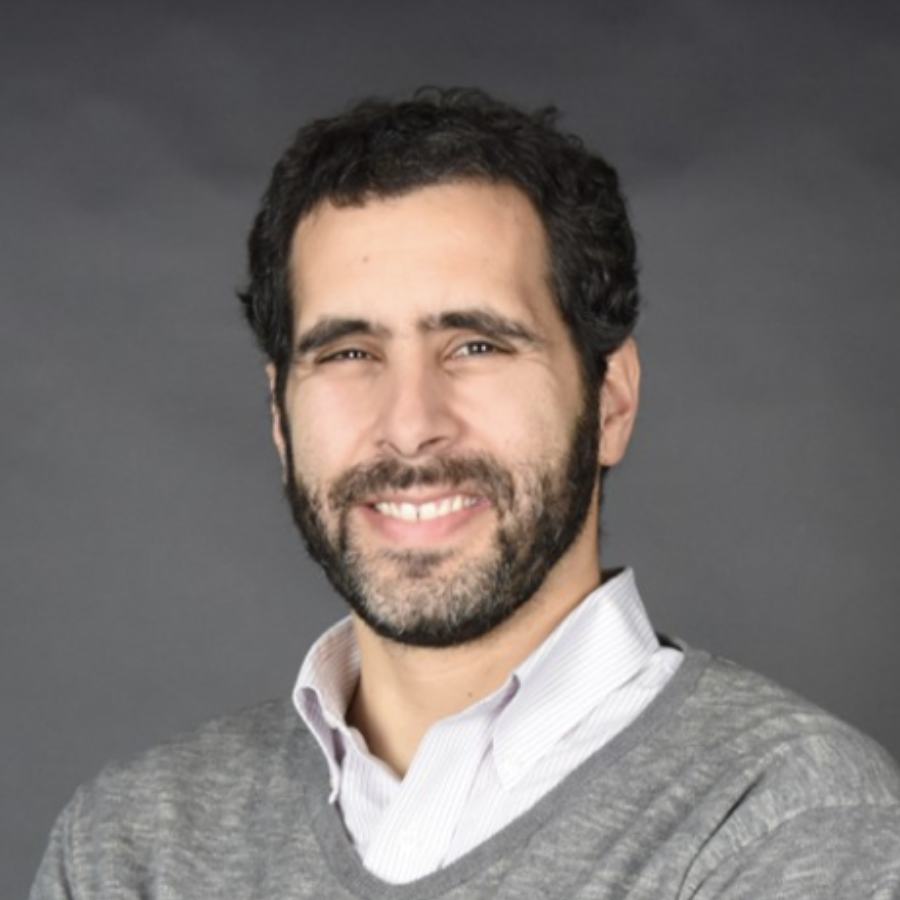
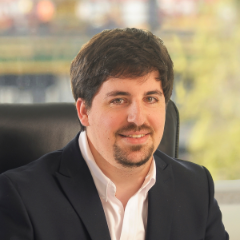
Sebastián Raveau
Assistant Professor at the Department of Transport and Logistics Engineering: “Modelling public transport behaviour with mixed data sources.”
Tomás Reyes
Associate Professor at the Department of Industrial and Systems Engineering: “The Effect of Graphical Risk Communication on Investment Decisions: A Field Experiment.”
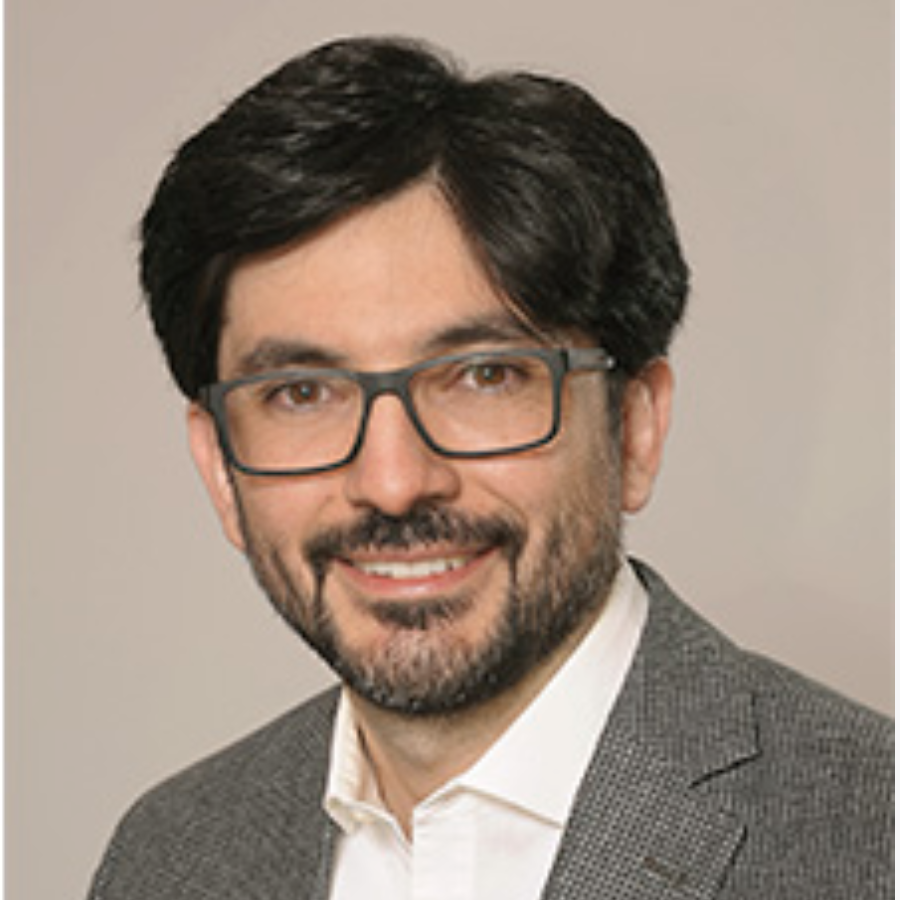
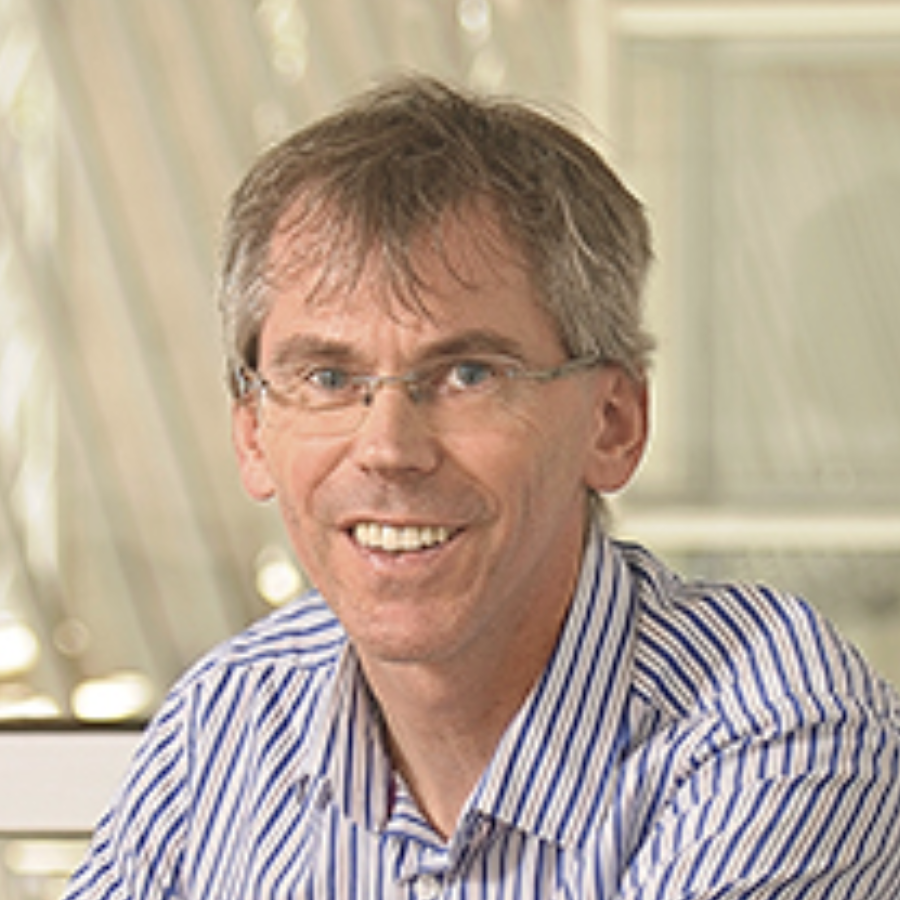
René Botnar
Full Associate Proffesor at the Department of Electrical Engineering, Director of the Institute for Biological and Medical Engineering: “Towards a 20 min Cardiac MRI Exam at 0.55T: simple, efficient and affordable.”
Mathias Klapp
Assistant Professor at the Department of Industrial and Systems Engineering and the Department of Transport and Logistics Engineering: “Integrating first- and last-mile logistics operations to offer customer-centered delivery services.”
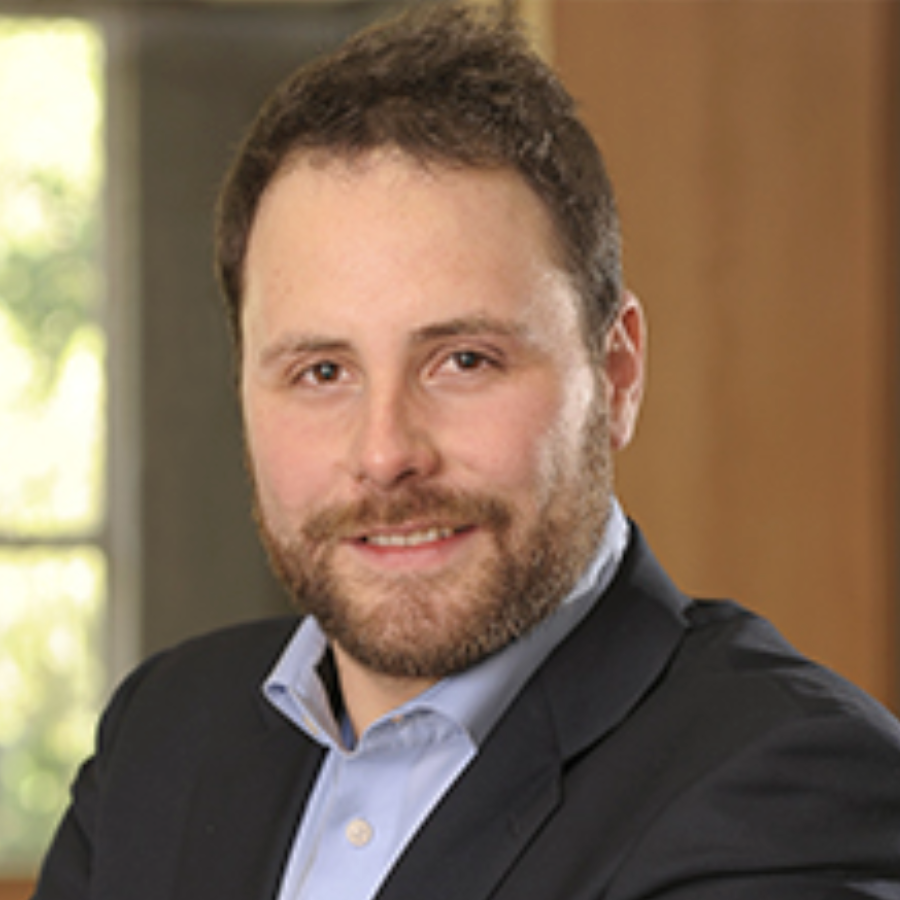
The Fondecyt Regular Call, led by the National Agency for Research and Development (ANID), aims to promote scientific and technological research by funding individual excellence-driven projects focused on generating new knowledge and applications.
Projects must address explicit research questions or hypotheses outlined in the proposal, in accordance with the competition guidelines. Funding is provided for initiatives lasting 2, 3, or 4 years.
